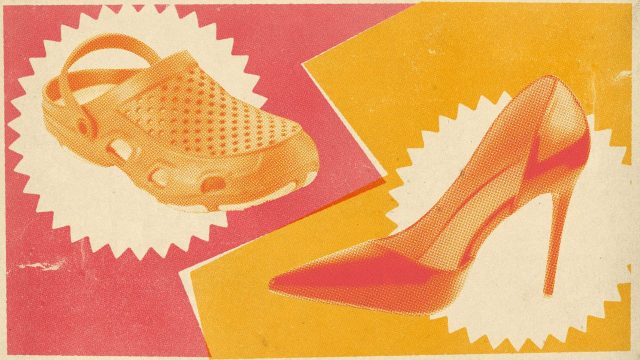
Modern dating is constantly evolving. With a slew of new phrases being used to describe relationships, it’s not hard to see why the “swag gap” is gaining traction.
Young people are shining a light on the “dangers of dating someone with less swag than you”, said Cosmopolitan. A person who has an “all-around more polished aesthetic” than their partner may be setting themselves up for “public humiliation and awkward situations”.
Self-esteem and power dynamics
The scope of the swag gap goes beyond appearances. It can also refer to “differences in success, fame, confidence,” said the BBC.
A couple with a swag gap can make it work if the one with less swag is a “cheerleader and proud of their partner” rather than feeling “emasculated or resentful”, said TikToker Isabella Duffy.
This opens up a wider discussion on “self-image, attraction and the idea of power in relationships”, said Forbes. A 2021 study assessed 1,093 heterosexual couples to find that self-esteem and sensitivity to relationship conflict are negatively correlated. Having a swag gap can influence “personal confidence and the overall emotional health of the relationship”.
The surge in comparisons within couples can be attributed to increased use of social media. People are constantly “measuring” themselves and their partners against others. As a result, insecurities are heightening and the swag gap seems “more significant than it actually is”. Dating apps also provide “endless alternatives” and “opportunities” to look for better suited companions.
A 2024 study found that those perceiving themselves to have “higher power” in the relationship placed less value in their partner and were “more likely to show interest in others”. This is because they “prioritise their own desires, sometimes at the expense of their partner”.
‘Complementary rather than competitive’
It can be a downer when your other half isn’t “pulling their weight in terms of self-presentation”, said GQ, but it shouldn’t be a dealbreaker. Successful couples can be “superficially mismatched but emotionally rock-solid”.
Only seeking partners who match your “taste, personality and career” goes against the fundamental understanding of human relationships. Being with someone who has different interests can be “exciting” and open one up to new experiences.
For a relationship to be successful, the couple’s differences should be “complementary rather than competitive”, said Forbes. “One partner may enliven social situations, while the other’s grounded presence can add stability and depth.”
The viral terminology sheds light on power dynamics in modern relationships




